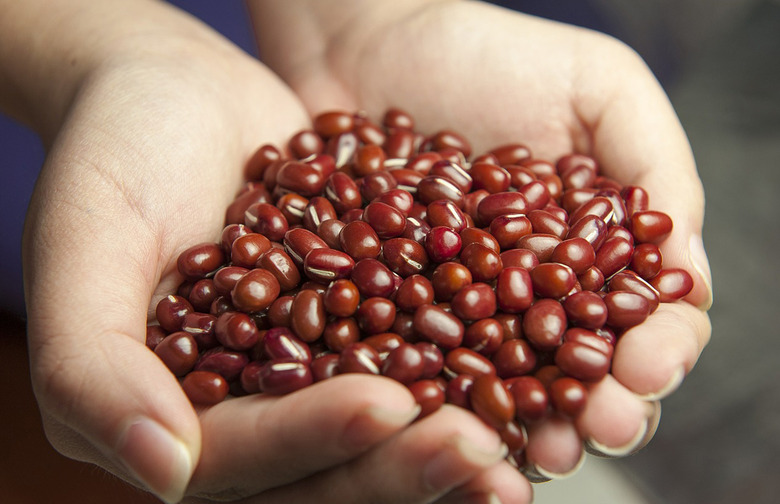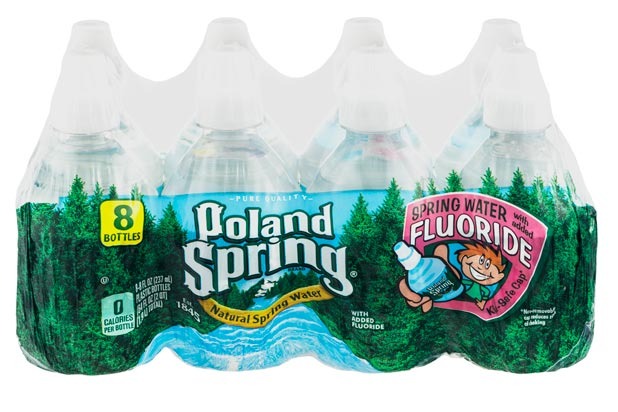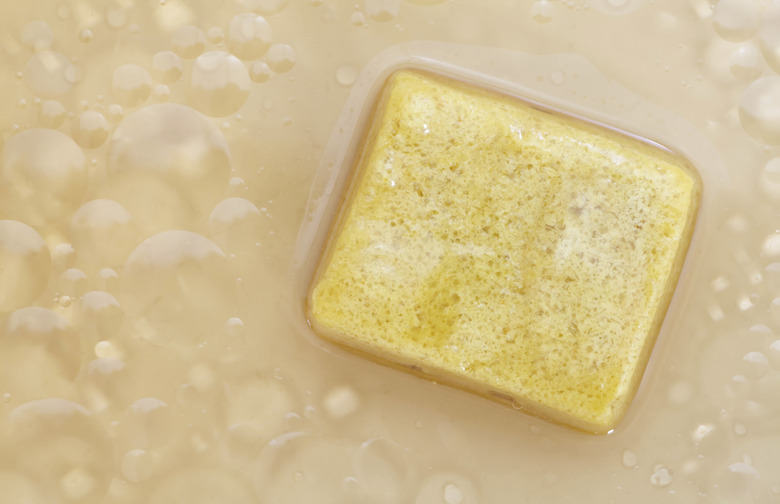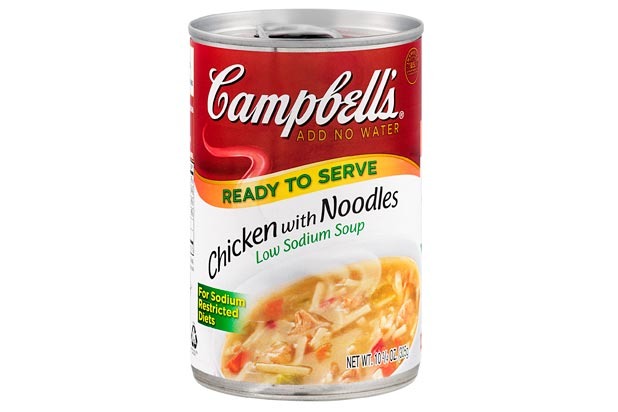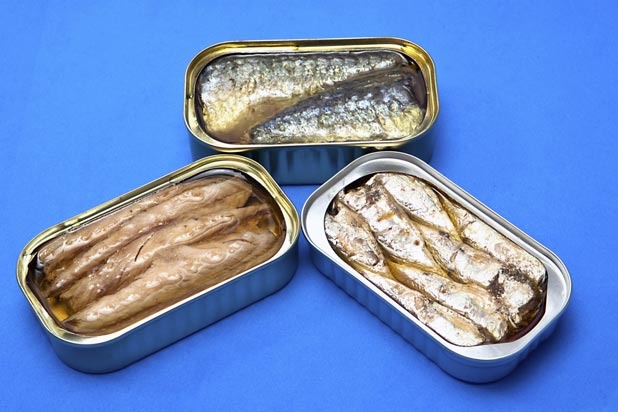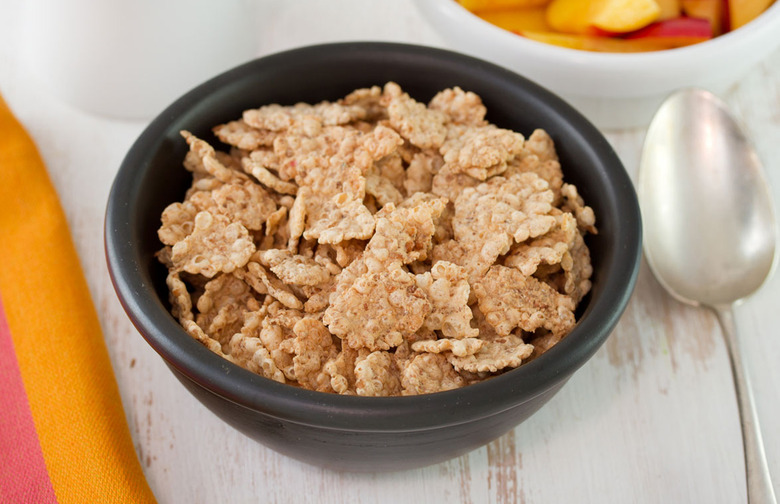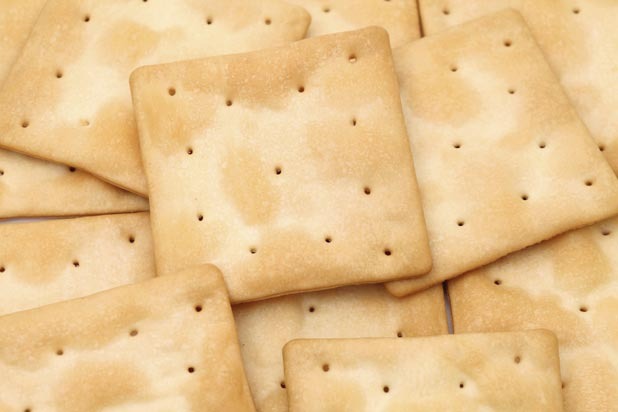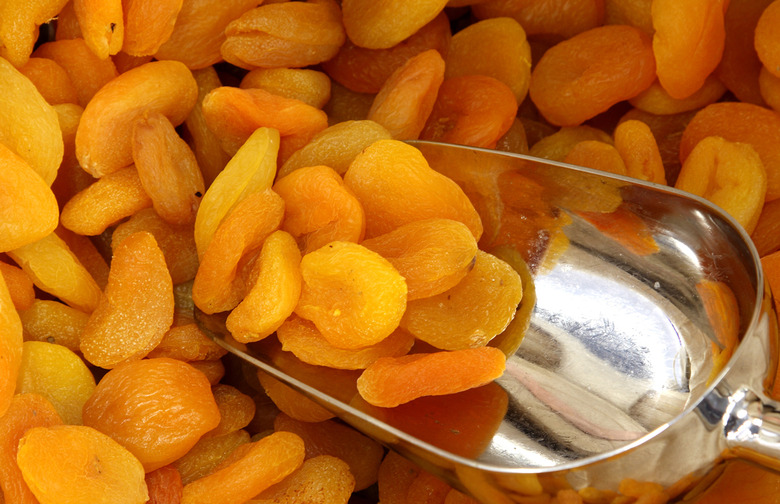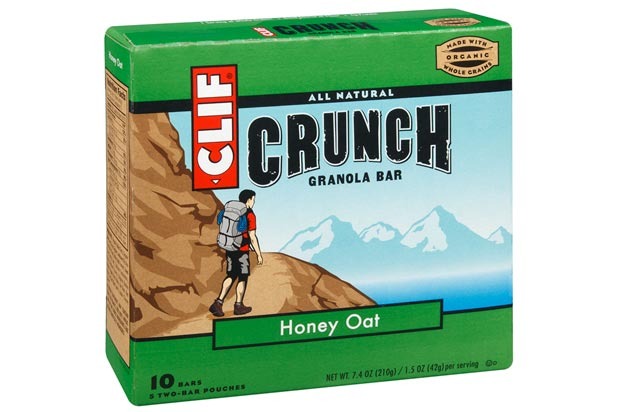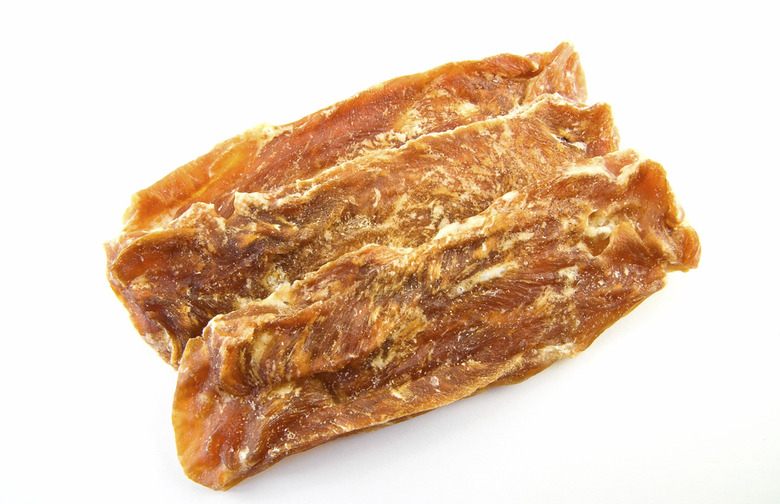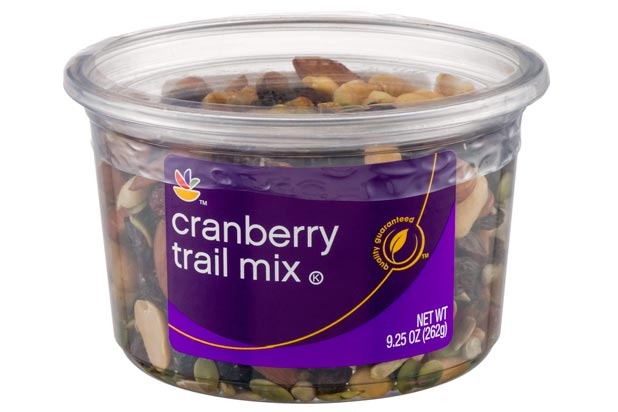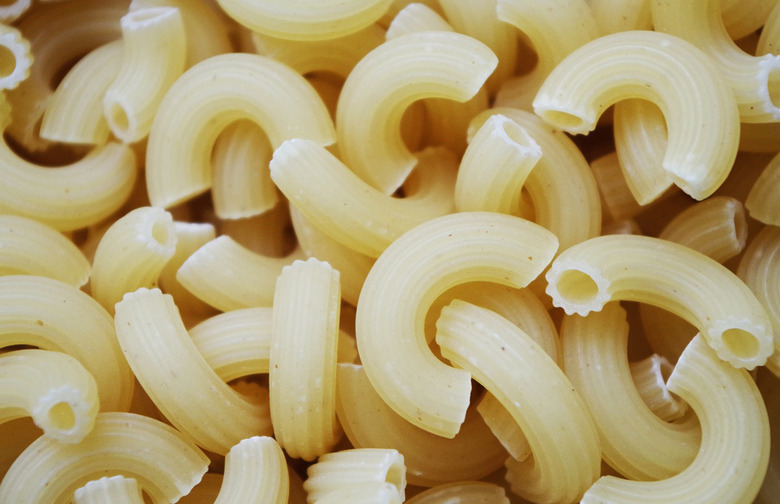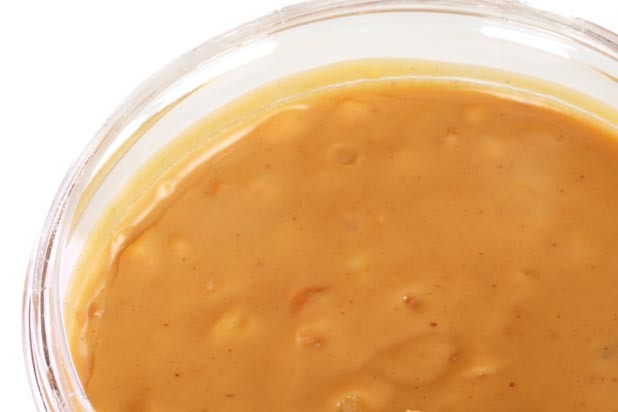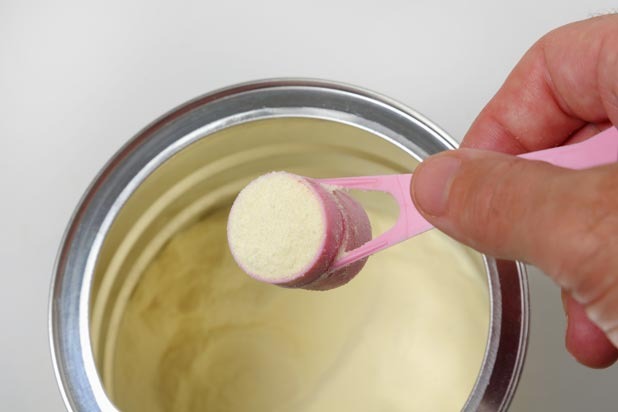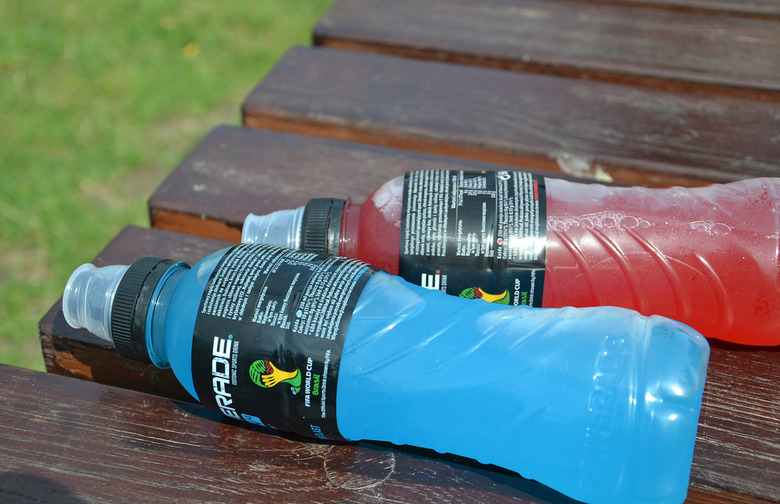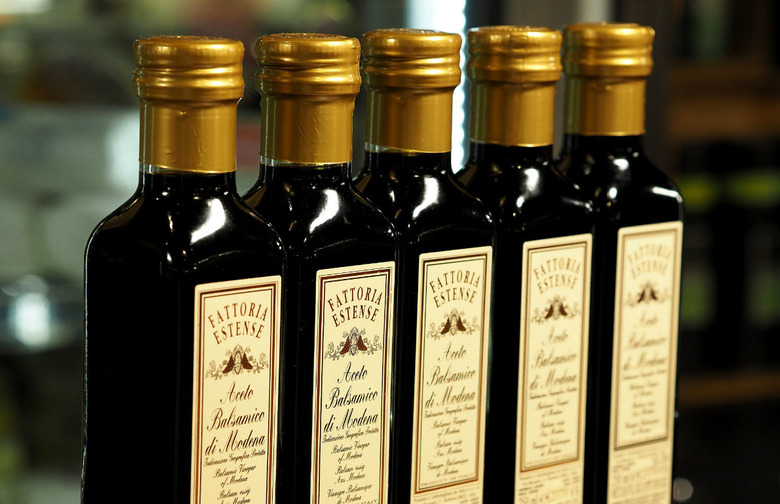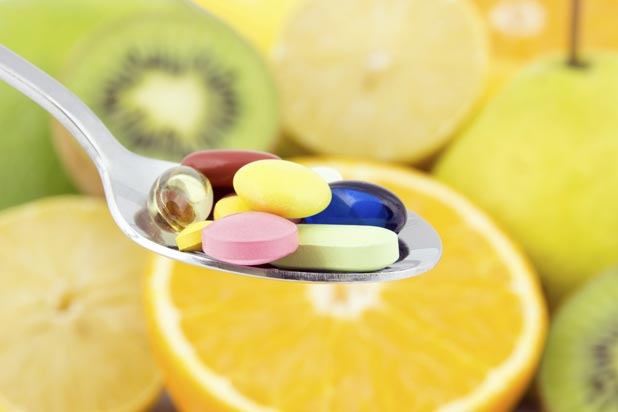17 Essential Foods You Should Stockpile
Disaster and nutrition experts are sharing their tips for the food and drink essentials you'll need in case of emergency. From peanut butter and granola bars to water and sports drinks, you'll be ready for whatever the world throws at you. One last note from us: Don't forget a manual can opener! Your canned soup and tuna cans aren't going to open themselves.
Beans
Dried beans will last for at least a year when stored in a cool, dry place. Just soak in water overnight, and then add to canned soups for a protein-rich meal.
Bottled Water
No matter what the situation, you're going to get thirsty. Barckhoff recommends stockpiling one to three gallons of water per person, per day. You may need even more, since you'll also need water for cooking and washing.
Bouillon
Bouillon is a dehydrated cube of stock, usually chicken or beef, that stores well at room temperature and lasts about two years. Use it to add flavor to soups. Simply dissolve the cubes in boiling water.
Canned Vegetables and Soups
Canned goods like peas, corn and beans have a long shelf life and they're usually water-packed and ready-to-eat. Purcell recommends choosing low-sodium canned goods, since "excess salt will make you thirsty."
Canned Meats
Get your protein fix from tuna, canned chicken, and even Spam. Most unopened canned meats stay fresh for a few years, while their pouched counterparts typically last six months or so.
Cereal
If you don't want to do any heavy cooking, cereal always makes a nutritious, easy snack in the case of a winter storm. Be sure to choose cereals with whole grains, rather than sugary cereals so you can maintain a healthy diet while trapped indoors.
Crackers
Remember that peanut butter you packed? It'll go well with the crackers you need to keep in your pantry. If you don't have fresh bread, crackers are a good standby. Whole-wheat and whole-grain crackers are healthy choices, but they may expire faster than their traditional counterparts.
Dried Fruits
While your stores of fresh fruit might run out quickly, dried fruit is shelf-stable and provides plenty of potassium and fiber to keep you healthy.
Energy and Granola Bars
Load up on energy and granola bars. Many of these yummy snacks pack lots of good nutrition like protein and good fats, as well as carbs. Plus they're individually packed and will last a long time in your cupboard; bonuses in a disaster scenario when you're hungry.
Jerky
Nuts and Trail Mix
"Stock up on these high energy foods," says Ficek, who recommends buying nuts and trail mixes in vacuum-packed containers, which keep the nuts fresh.
Pasta
If you're looking for a source of carbohydrates that stores well, pasta is a great option. Add it to soups for more nutrition or cook on its own for easy one-pot meals. However, you will need some way to boil water, so if you don't have a gas-powered stove available, this might not be the best option.
Peanut Butter
Packed with protein, peanut butter has a long shelf life and doesn't need to be refrigerated. That means it's a great snack or meal during an emergency.
Powdered Milk
If the power is out, your dairy won't stay cool or fresh for long. That's why it's a good idea to keep some powdered milk as a substitute for the real thing. Add a little water to the mix and you won't have to drink black coffee.
Sports Drinks
Grab your Gatorade! "The mix of electrolytes and carbohydrates in these drinks will help you rehydrate and replenish fluid when water is scarce," says Ficek.
Vinegar
While you can season your food with vinegar, it's also a useful first aid tool. Use vinegar to sooth a bee sting, clean your hands, and treat congestion. It can also help relieve heartburn, which is good if your stomach is upset by the crisis situation or just bad food.
Vitamins and Nutritional Drinks
Pop a multivitamin or sip a nutritional drink (like Ensure or Boost) during a crisis. "Supplements will help replace the nutrients you would have consumed on a normal diet," says Ficek.

